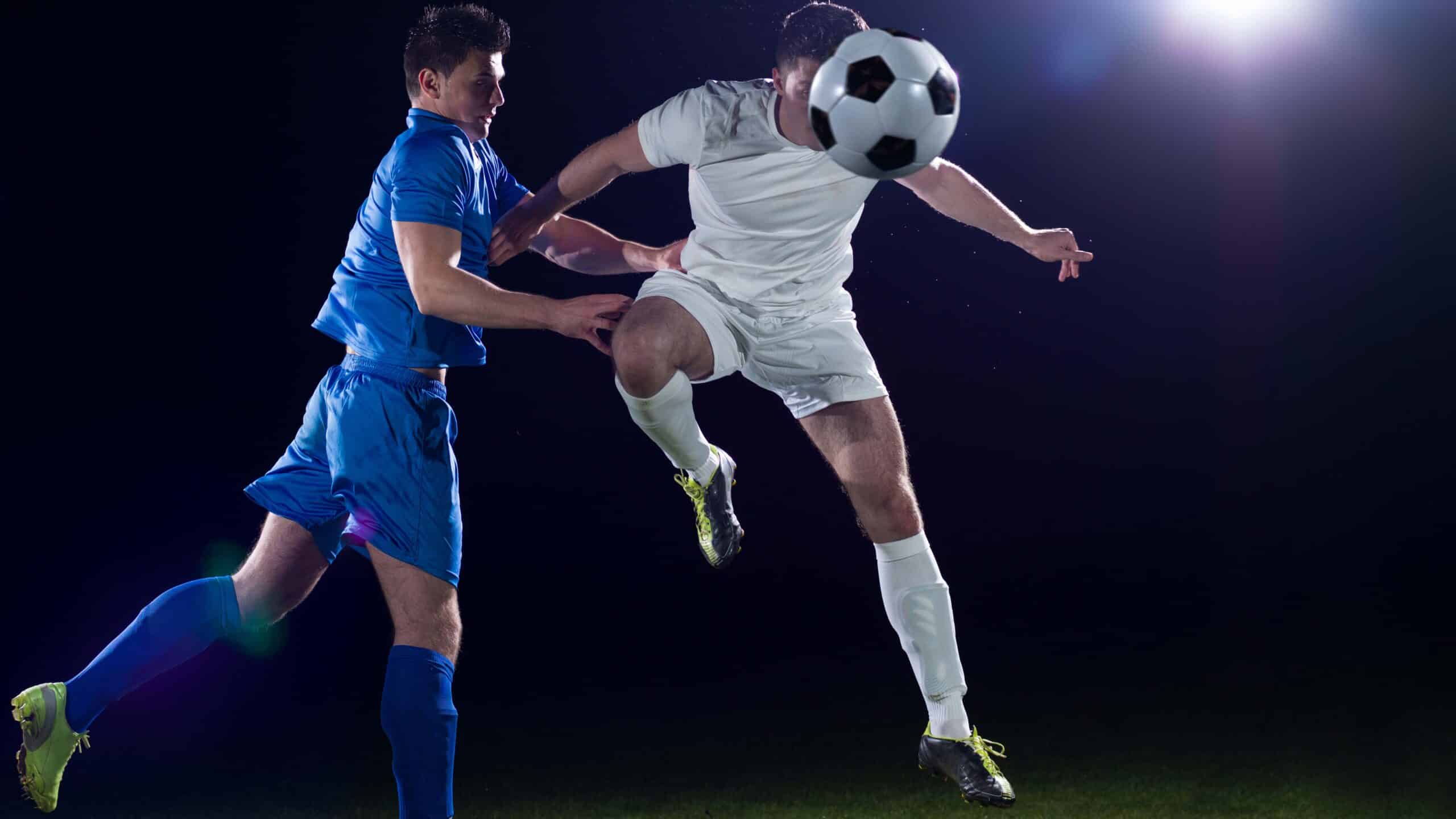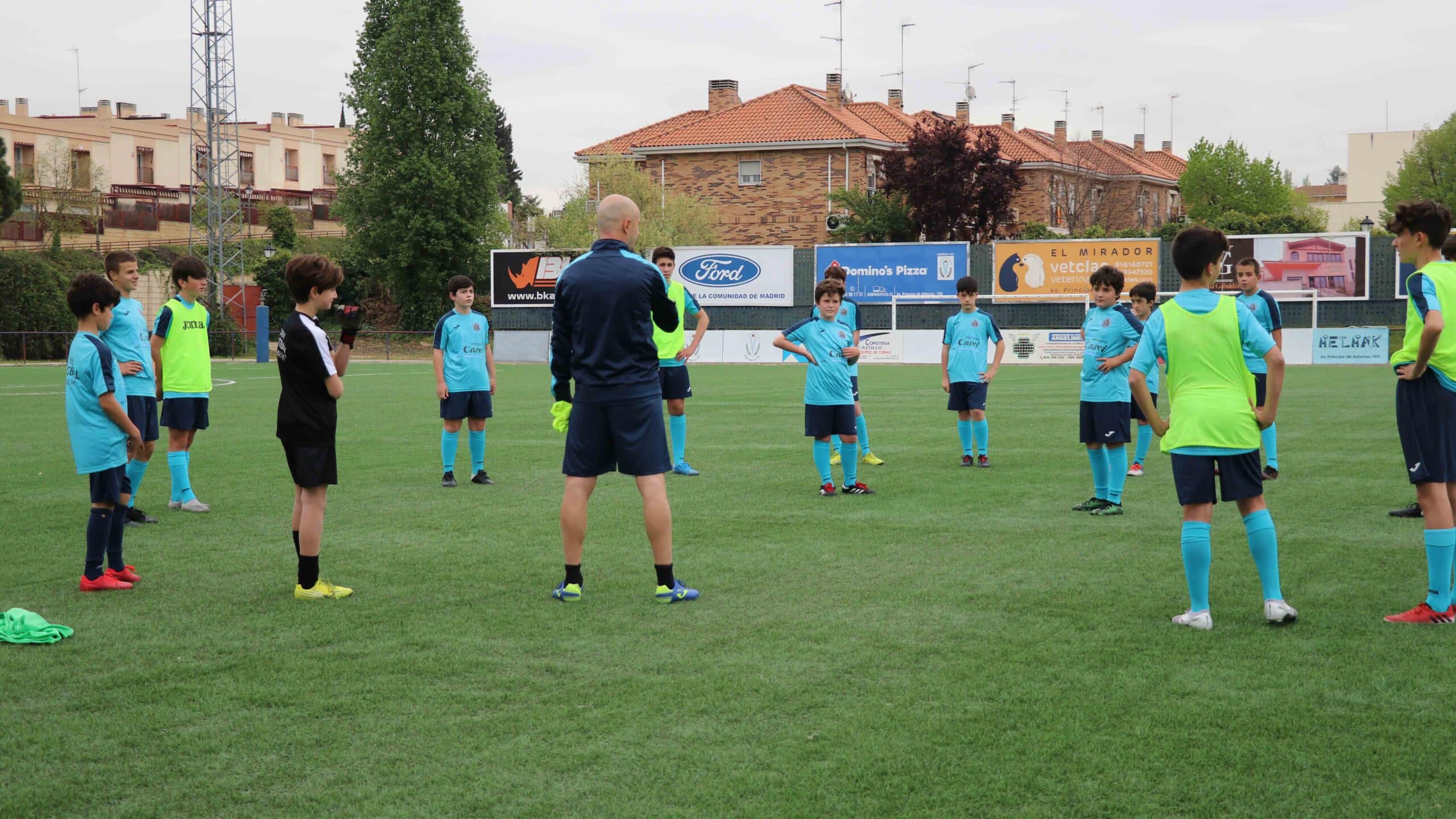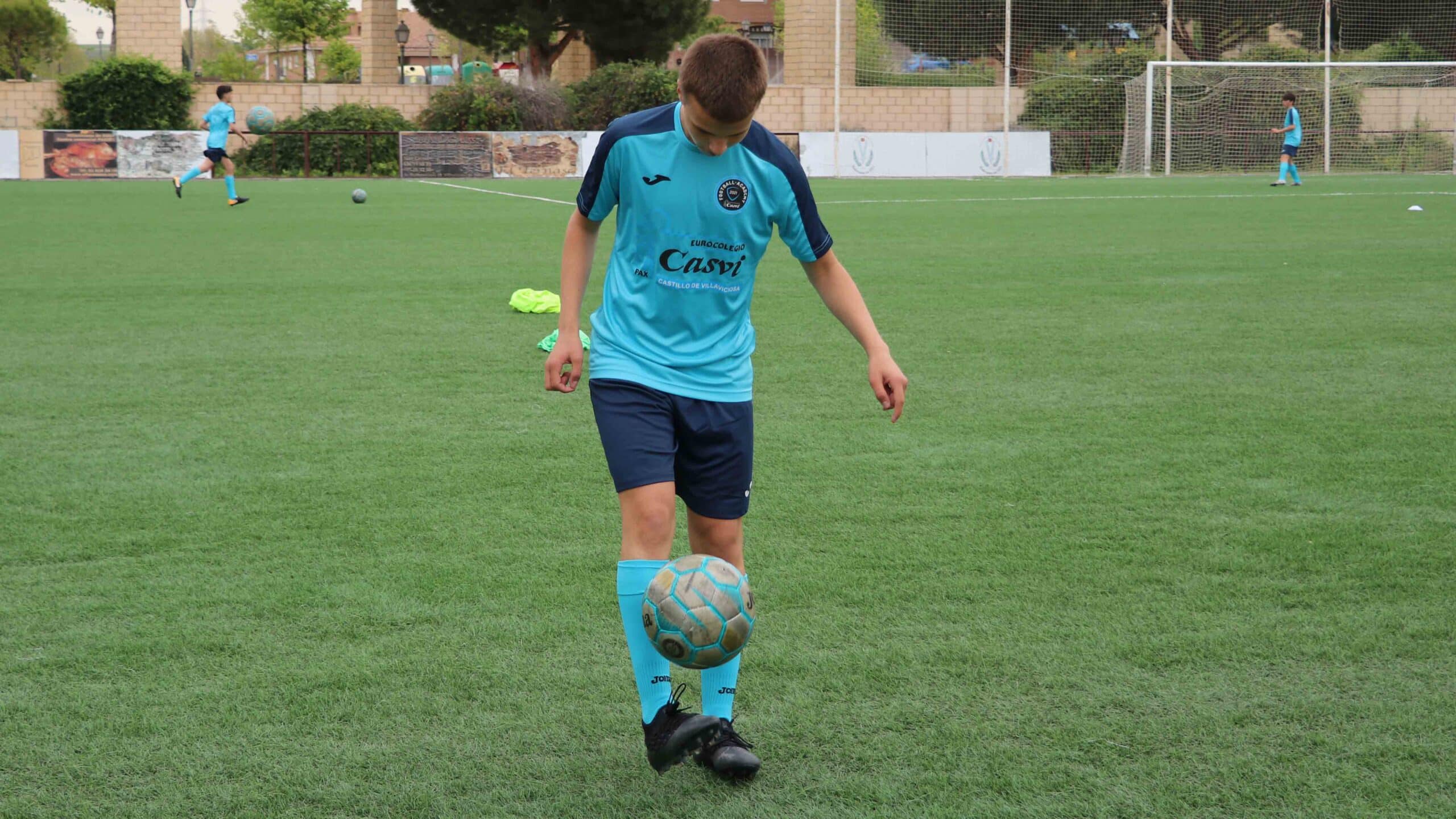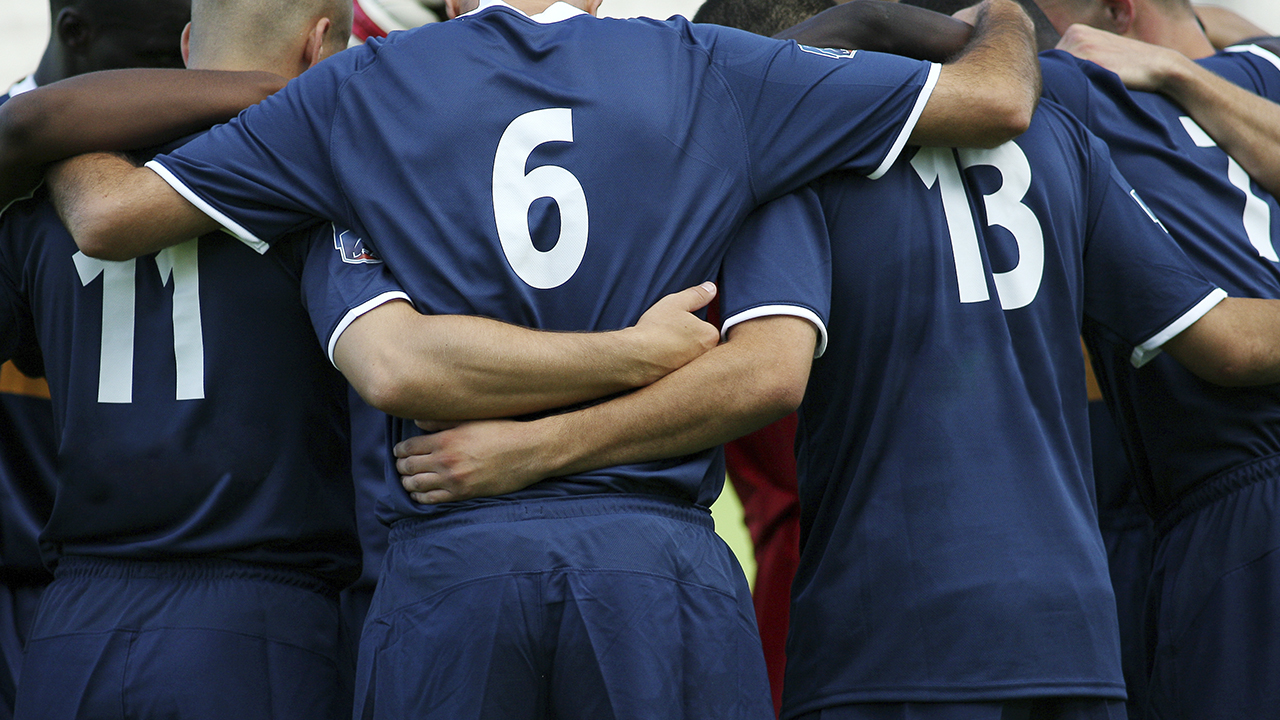
SPORT PSYCHOLOGY AT CASVI FOOTBALL ACADEMY
The history of Sport Psychology in many countries is a short one. In fact, this discipline did not obtain international recognition until the First International Congress of Sport Psychology, held in Rome in 1965 (Riera and Cruz, 1991, p. 9). Psychology applied to sports has experienced a growing interest since the early 70s; the social, political and economic pressure exerted on top athletes was one of the causes leading to the acknowledgement of the importance of Sports Psychology. (González, 1992, p. 25).
Physical Activity and Sport Psychology is the study of the effects of mental and emotional factors on sports performance; and of the effects of the participation in a sport or practice of any physical activity on mental and emotional factors. (Cox, 2008, p.5). Therefore, Sport Psychology focuses on the identification and understanding of psychological theories and techniques that can be applied to sports in order to maximise the performance and personal development of athletes. (Williams.1991, p.30).
Likewise, it must considered that the pursuit of sports includes a number of different fields (competitive sport, initiation sport, amateur sport and sport for health purposes), and such field will be one of the aspects that will help establish the goals of the application of Sport Psychology (improvement of health, increase in athletic performance, etc.) (González, 1992). This brief article focuses on competitive sport and, more particularly, on the feelings of anxiety during the competition, since its analysis and improvement boosts the athletic performance of football players.
One of the theories of Psychology states that psychological skills can be learnt just as physical skills are learnt (Cox, 2008). Among the main psychological skills with an impact on high sports performance, we can mention focus control, self-confidence, thought control, motivation, overcoming stress and anxiety regulation. (González, 1996. p.12). In fact, several studies (Campen, 2001; Mamassis, 2004) show the different strategies athletes use and the way such strategies lead to an improvement of the performance of such athletes.
For example, Thomas’s study (2007) found that psychological intervention successfully restructured players’ interpretations of their anxiety and confidence symptoms, increasing the intensity and frequency of self-confidence symptoms, while decreasing the frequency of cognitive anxiety symptoms and decreasing the frequency of somatic anxiety symptoms.
In relation to the results on anxiety of the previous study, Guillén (2006) argues that, since the beginning of the scientific development of Sport Psychology, one of the topics with the greatest contribution based on the number studies and researches has been anxiety, because it is one of the most frequent feelings felt in high-performance sport (Cox, 2008, p. 205). In competitive sport, the demands are greater and therefore so is the trend towards more intense feelings, as athletes must not only face the pressure to improve themselves but must also to overcome the challenge of beating their rivals. (Viadé, 2003).
One of the elements deemed to significantly affect the quality of the sporting experience is the level of state anxiety during the time leading up to the competition (Cox, 2008; Márquez, 2004). This type of anxiety is called “pre-competitive state anxiety”, and it is the anxiety felt before any sports event. These authors suggest that anxiety levels vary before the competition as compared to the ones experienced days leading up to the relevant competition. As the competition approaches, Athletes’ anxiety levels increase, which can be an element that may hinder their performance if they are unable to control it.
The High Performance Programme by Casvi Football Academy, implemented by its Department of Psychology, aims to study the feelings of anxiety in its football players when there is a competition, assessing both its potential variation over time and the relation between anxiety and performance. This is explained by the impact that such feeling can have on performance. The most common manifestations of anxiety in athletes are: on a physiological level, increase in muscular tension and increase in heart rate; on a cognitive level, concentration and attention problems; and on a behavioural level, movements which are less precise than usual (Dosil, 2008). All these manifestations of anxiety impact the performance of athletes, since psychological elements can influence the physical, technical and tactical/strategic performance of athletes, so it is very important to point them in the right direction, if we want to maximise sporting performance (Cox, 2008).
Casvi Football Academy relies on science as the only way to help players achieve the best version of themselves. Besides, competition is used as the tool allowing to measure the true value of a football player. That is why Casvi Football Academy develops and implements psychological programmes aimed at preparing our players to perform at a maximum level during the competition.
Luis Fernando Rivas Álvaro.
Clinical Psychologist and Sport Psychologist.
